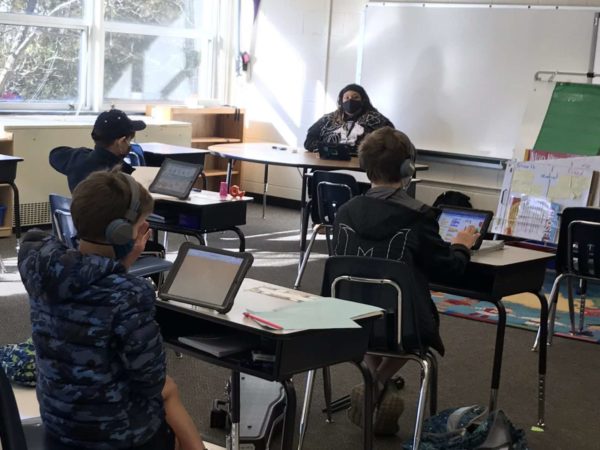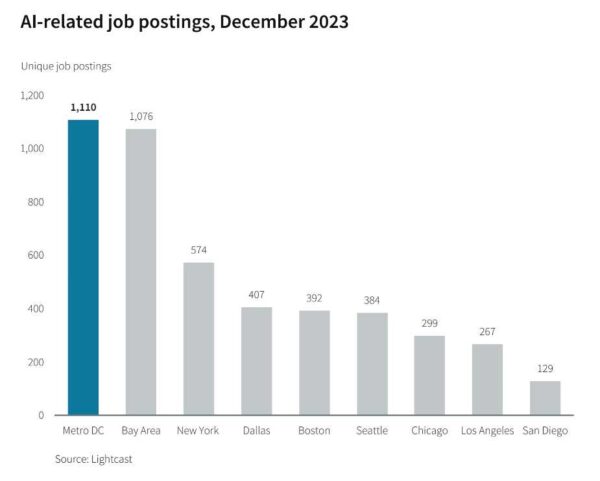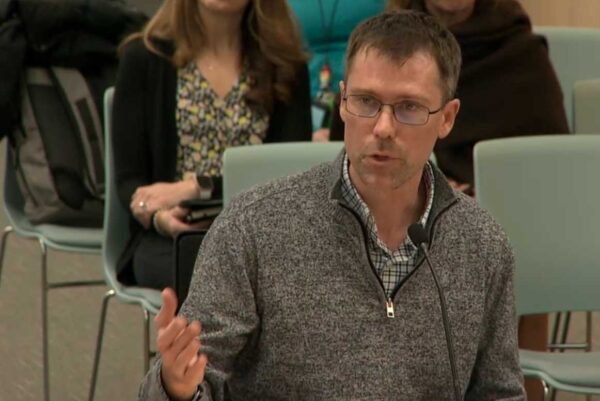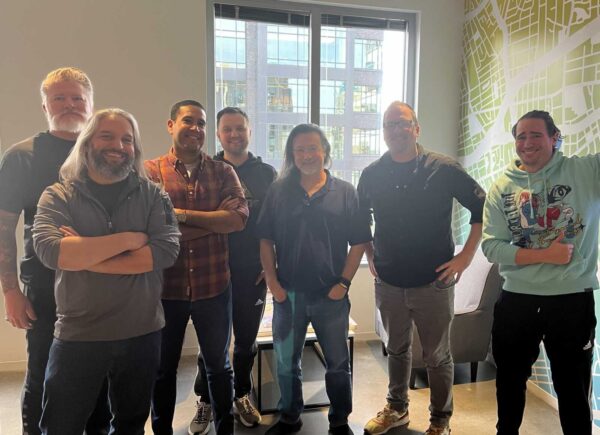A parent association is asking Arlington Public Schools to change its policy of providing every student with an iPad or MacBook.
Arguing that the devices are bad for children’s mental development and needlessly expensive, Arlington Parents for Education wants the Arlington School Board to roll back funding for them this budget cycle. It is requesting an end to the one-to-one policy for students in pre-kindergarten through 2nd grade, a reduction in devices for 3rd through 5th graders and a transition to PC laptops for grades 6 and up.











